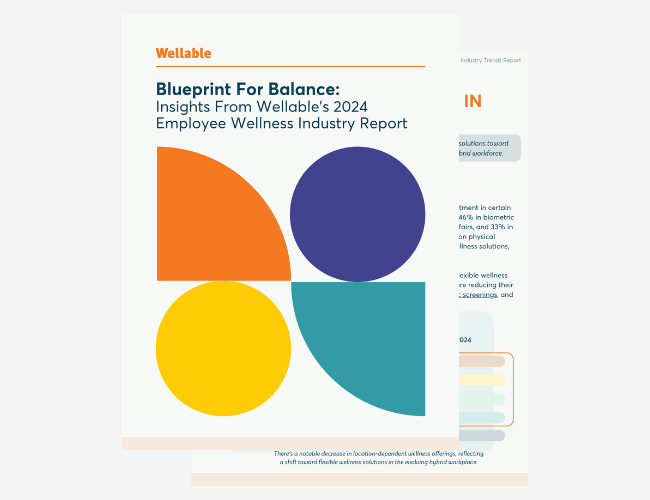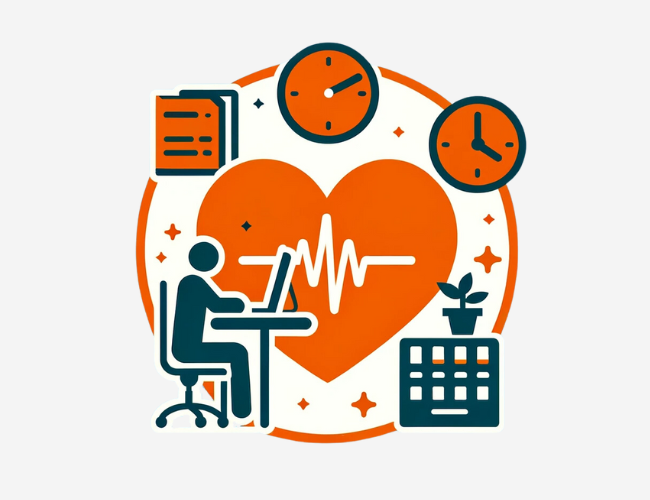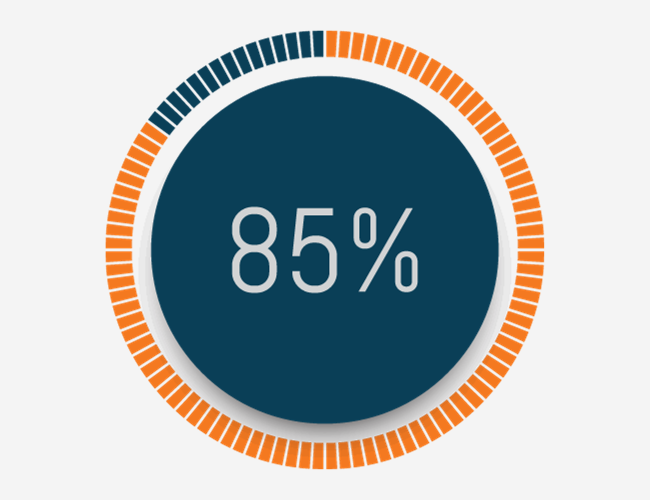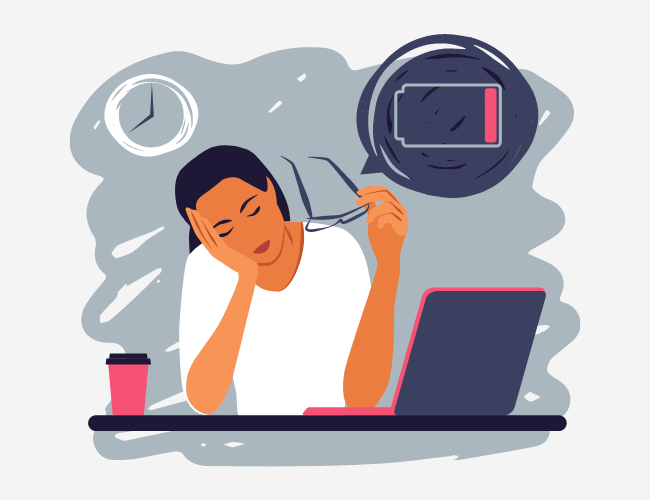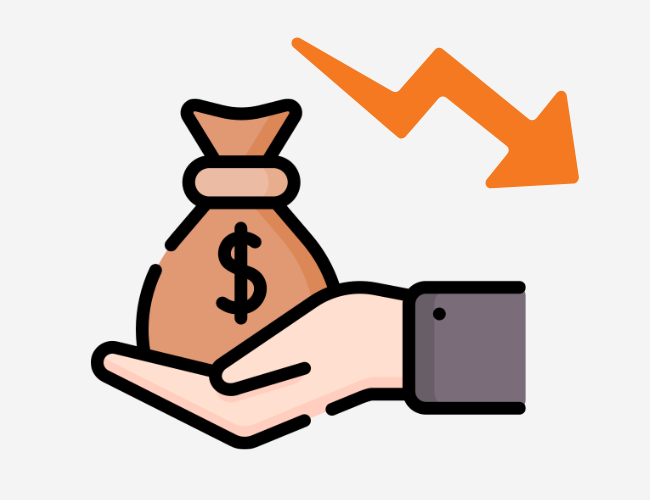A prior blog post highlighted a study that demonstrated how high levels of cortisol, which is a byproduct of stress, can impair cognitive ability. It was one way to show why employers should care about employee stress, as it directly impacts the ability of employees to perform at high levels and contribute to the goals and objectives of the organization. In other words, employee stress impacts the bottom line, and companies should enact policies to help employees reduce and manage their stress.
Another study, which was published in the Journal of Social Service Research, provides some insights on specific things companies can do to alleviate employee stress. Researchers found that people without paid sick leave are more likely to worry about paying monthly bills, achieving long-term retirement goals, or being prepared for an illness or accident. Specifically, employees without paid sick leave were 1.59 and 1.55 times more likely to say they are “very worried” about paying their monthly bills and paying their rent or mortgage, respectively, relative to counterparts who are able to rely on paid sick days when falling ill. Also, employees without paid sick leave were 1.45 times more likely to report that their distress symptoms interfered “a lot” with their daily life and activities compared to workers with paid sick leave.
“For Americans who are working without paid sick leave, a day lost can translate into lost wages or even place their employment in jeopardy. This contributes to the shaky financial situation in which many families already find themselves. Given worry’s known relationship to health, mental health, and employment productivity, findings from our latest study are really disconcerting.”
– LeaAnne DeRigne, Lead Researcher
As the first study to analyze the connection between paid sick leave and financial stress, the findings should impact the way employers think about this benefit. The researchers from Florida Atlantic University and Cleveland State University reviewed data from almost 18,000 working adults in the U.S. between the ages of 18 and 64, more than 40% of which didn’t have paid sick leave. Even after controlling for education, race, sex, marital status, employment, and insurance, the study showed a positive association between not having paid sick leave and reporting financial worry.
The number of U.S. adults impacted by the lack of paid sick leave is significant, but part-time and lower wage employees are disproportionately exposed to the extra financial stress. According to the Economic Policy Institute, a progressive think tank, 87% of the highest paid private-sector workers have paid sick days while just 27% of low wage workers have paid sick leave. According to the U.S. Bureau of Labor Statistics, 68% of Americans have access to paid sick days.
Although paid sick leave alone will not solve the workplace stress problem, it certainly goes a long way in lowering financial pressure employees feel. It also helps companies show employees that they genuinely care about their well-being, which has been shown to create more productive workforces. With 11 states, the District of Columbia, and several major cities (e.g., Chicago, New York, Philadelphia, etc.) requiring employers to offer paid sick leave, it is likely that similar laws will be passed in other parts of the country. Rather than being forced to offer this benefit, management would be wise to get ahead of the curve and do what is right for their company and their people.





